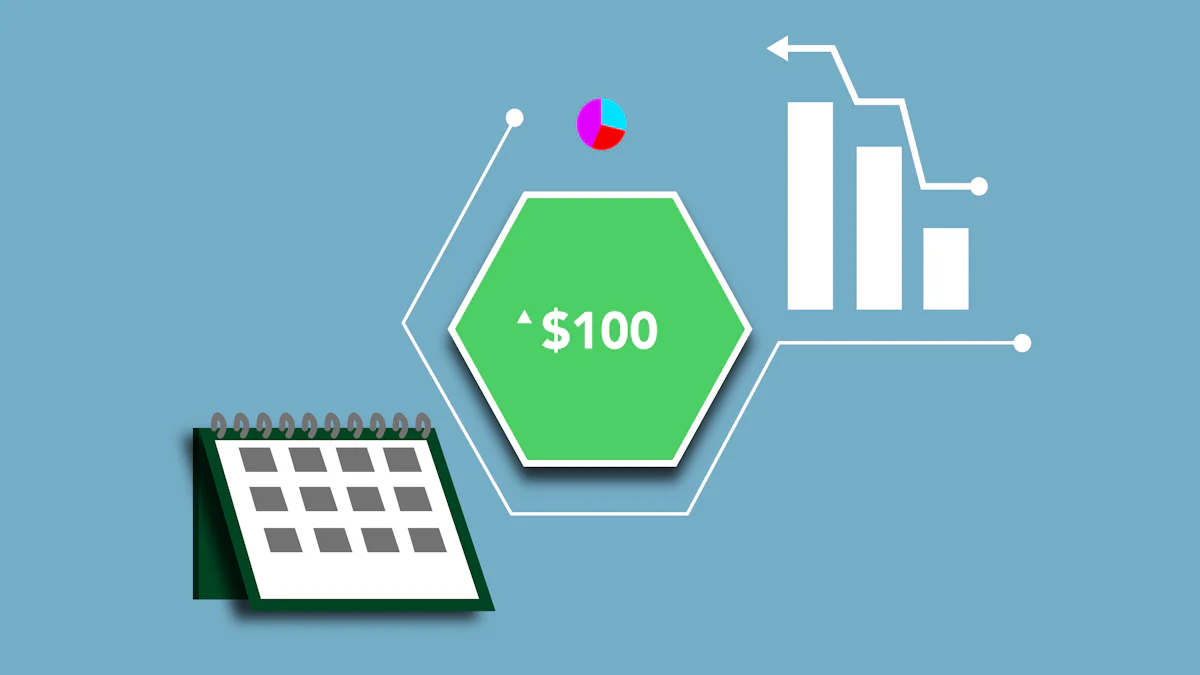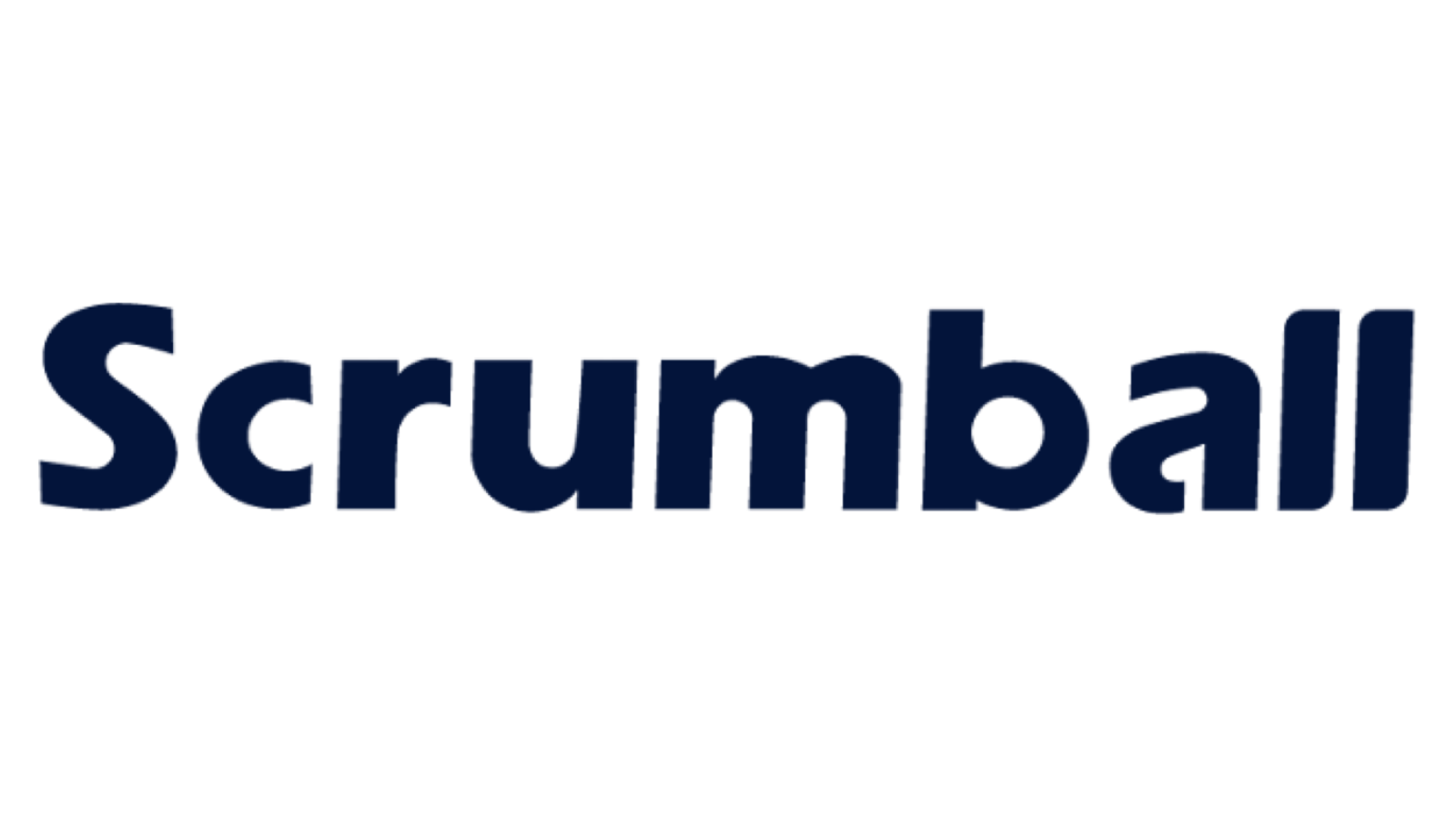Why Marketing Automation Drives Business Growth in 2025

Marketing automation has become a game-changer for businesses in 2025. It enables you to streamline operations, reduce costs, and achieve unmatched efficiency. Companies using marketing automation report an 80% increase in leads and a 451% rise in qualified prospects. This technology doesn’t just save time—it drives revenue. In fact, 76% of businesses adopting marketing automation achieve a positive ROI within the first year. With 75% of companies already leveraging automation, adopting marketing automation strategies ensures you stay ahead in a competitive market.
📊 Did you know?
| Statistic Description | Percentage | |----------------------------------------------------------|-------------| | Companies using marketing automation extensively | 25% | | Companies planning to adopt marketing automation | 28% | | Successful companies using marketing automation | 72% |
Marketing Automation Strategies for Efficiency

Automating Repetitive Tasks
Repetitive tasks consume valuable time and energy. By automating these processes, you can focus on high-value activities that drive growth. Tasks like invoice processing, data entry, and appointment scheduling can be handled seamlessly through automated systems. Marketing automation tools also simplify social media posting, email campaigns, and lead nurturing. For instance, workflow automation ensures that emails are sent to the right audience at the right time, improving engagement without manual intervention.
Streamlining processes like operating system patching or updating applications further enhances efficiency. These tools not only save time but also reduce errors, ensuring smoother operations. By adopting marketing automation strategies, you can eliminate bottlenecks and create a more productive environment for your team.
Enhancing Team Productivity
Automation empowers your team to achieve more in less time. When repetitive tasks are automated, your employees can focus on creative and strategic initiatives. Metrics like automation test coverage and execution time reveal how automation improves productivity. For example:
| Metric Name | Description |
|---|---|
| Automation Test Coverage | Tracks the percentage of tests executed automatically versus manually. |
| Automation Execution Time | Indicates the total time taken for the automation suite to run. |
| Build Stability | Measures the ratio of stable builds to broken builds, ensuring reliability. |
By leveraging marketing automation strategies, you can streamline processes and free up your team to innovate. This approach not only boosts morale but also enhances overall business performance.
Personalizing Customer Experiences
Personalization is key to building strong customer relationships. Marketing automation enables you to deliver tailored messages and offers based on customer behavior. For example, Snatcher, an ecommerce retailer, recovered over $120K in revenue through email automation, achieving a 50% open rate and a 74% increase in sales. Similarly, Shapeways saw a 238% rise in email open rates by using targeted automation.
These results highlight the power of personalization in improving customer service and engagement. By using marketing automation strategies, you can segment your audience, analyze data, and create dynamic content that resonates with individual preferences. This approach not only enhances customer satisfaction but also drives long-term loyalty.
Cost-Effectiveness Through Automation
Lowering Operational Expenses
Marketing automation reduces operational costs by streamlining processes and eliminating inefficiencies. Automated systems handle repetitive tasks like data entry, email scheduling, and lead scoring, which minimizes the need for manual labor. This allows you to allocate resources more effectively and focus on strategic growth. On average, businesses save 12% on marketing costs and 12.2% on operational expenses by implementing automation.
These savings translate into more opportunities to invest in innovation and customer service. For example, automating customer support through chatbots ensures faster response times while reducing staffing costs. By adopting automation, you can achieve significant cost reductions without compromising quality or efficiency.
Maximizing ROI on Campaigns
Automation helps you get the most out of your marketing campaigns. It saves time by eliminating repetitive tasks, enabling your team to focus on strategic activities. Personalized customer interactions, powered by automation, enhance engagement and satisfaction. Multi-channel engagement ensures a seamless experience across platforms, boosting campaign effectiveness.
To maximize ROI, you can:
- Automate welcome emails to new subscribers for timely and personalized communication.
- Use customer data to merge insights from multiple channels, improving your understanding of customer behavior.
- Implement workflows to send personalized recommendations based on user actions, such as abandoned carts.
These strategies improve efficiency and allow you to scale your efforts, ensuring higher returns on your marketing investments.
Improving Resource Utilization
Automation optimizes how you use your resources. By automating routine tasks, your team can focus on creative and strategic initiatives that drive growth. This not only improves productivity but also ensures that your resources are used where they matter most.
For example, automated systems can analyze customer data in real-time, providing actionable insights that help you make informed decisions. This ensures that your marketing efforts are targeted and effective. By improving resource utilization, you can enhance customer service, boost satisfaction, and build long-term loyalty.
Scalability and Business Success
Adapting to Growing Demands
As your business grows, meeting increasing demands becomes a challenge. Automation ensures you can scale operations without compromising quality. Flexible systems adapt to sudden surges in demand, allowing you to maintain efficiency during peak periods. For example, automated tools can handle high volumes of customer inquiries, ensuring faster response times and improved satisfaction.
However, scaling comes with obstacles. Integrating automation tools with existing systems may require compatibility checks or customization. Cybersecurity risks also increase as automated systems handle sensitive data. To address these challenges, invest in robust security measures and provide training to your team. This approach ensures smooth integration and prepares your workforce for higher-value tasks. By leveraging automation, you can confidently meet growing demands while maintaining operational excellence.
Expanding into New Markets
Automation plays a pivotal role in helping you enter new markets. It streamlines processes, enabling you to focus on strategic initiatives like market research and customer acquisition. Automated systems analyze data from diverse sources, offering insights into emerging trends and customer preferences. These insights help you tailor your marketing strategies to resonate with new audiences.
For instance, automation tools can localize email campaigns or social media posts, ensuring relevance in different regions. They also simplify logistics by automating inventory management and order processing. This efficiency allows you to scale operations seamlessly as you expand. With automation, you can reduce costs, minimize errors, and establish a strong foothold in new markets.
Building Long-Term Customer Relationships
Strong customer relationships are the foundation of business success. Automation enhances these relationships by improving communication and personalization. Automated systems streamline customer service, reducing response times and increasing accuracy. For example, incorporating sentiment analysis into CRM systems helps you understand customer needs better. Real-time insights allow you to resolve issues proactively, fostering trust and loyalty.
Personalized marketing campaigns further strengthen connections. Automation enables you to send tailored messages based on customer behavior, ensuring a more engaging experience. Faster response times and consistent interactions build reliability, making customers feel valued. By using automation to enhance customer satisfaction, you can create lasting relationships that drive long-term growth.
Data-Driven Decision-Making

Gathering Actionable Insights
Marketing automation empowers you to gather actionable insights that drive smarter decision-making. By leveraging automated analytics platforms, you can identify key metrics like website traffic, conversion rates, and customer demographics. These insights help you understand your audience better and tailor your strategies accordingly. Tools like Google Analytics and Google Search Console simplify data collection and analysis, even for non-technical users.
Surveys also play a crucial role in gathering direct feedback from customers. They reveal valuable insights into customer experiences and highlight areas for improvement. With this data, you can refine your marketing efforts and deliver more impactful campaigns. By focusing on data-driven insights, you can make informed decisions that align with your business goals.
Predicting Future Trends
Predictive analytics is revolutionizing how businesses anticipate market changes. AI-powered tools analyze historical and real-time data to uncover trends and performance patterns. Machine learning models forecast critical metrics like ROI, conversions, and engagement rates, enabling you to stay ahead of the curve.
For example, predictive lead scoring helps you prioritize leads most likely to convert, saving time and boosting ROI. AI agents also flag underperforming campaigns and highlight high-performing channels, ensuring optimal resource allocation. By embracing predictive analytics, you can enhance decision-making and position your business for long-term success.
Enhancing Campaign Performance
Data-driven decision-making significantly enhances campaign performance. By analyzing customer behavior and market trends, you can create targeted campaigns that resonate with your audience. For instance:
| Evidence Description | Key Insight |
|---|---|
| Informed decisions based on big data and customer analytics allow businesses to accurately predict market trends. | This gives a brand its competitive edge, making it possible for businesses to not just survive but thrive in competition. |
| Sales performance enhancement strategies focus on honing in on market trends and customer needs. | Furnished with this information, businesses can predict consumer behavior, leading to more targeted and effective marketing campaigns. |
| Data-driven decisions hinge on the analysis of specific metrics relevant to business sales. | Incorporating data analytics in the decision-making process significantly reduces the likelihood of statistically improbable decisions. |
By leveraging data-driven insights, you can refine your campaigns, improve customer engagement, and achieve better results. Automation ensures you have the tools to analyze data efficiently, enabling you to make decisions that drive growth.
Innovation and Agility in Marketing Strategies
Encouraging Creative Campaigns
Marketing automation fuels creativity by enabling you to design innovative campaigns that captivate your audience. You can automate onboarding emails to welcome new customers and keep them engaged with regular updates. Email blasts allow you to target large segments with personalized promotions, while A/B testing ensures your messages resonate effectively. Lead scoring helps you identify promising prospects, saving time and boosting efficiency.
For example, meeting reminders and cold outreach campaigns can be automated to improve attendance and expand your reach. These strategies free up your team to focus on brainstorming and crafting unique ideas. By leveraging automation, you can transform routine marketing tasks into opportunities for creativity and growth.
Adapting to Market Changes
In today’s fast-paced world, agility is essential for staying relevant. Automation equips you to adapt quickly to sudden market shifts. It reduces costs, enhances decision-making, and drives innovation. Real-time data analysis and predictive insights enable faster responses to changing demands.
Streamlined processes and scalability ensure your operations remain efficient, even during peak periods. Automation also frees up resources, allowing your team to focus on strategic initiatives. Businesses that embrace automation can innovate continuously, ensuring they remain agile and prepared for any challenge.
Staying Ahead of Competitors
To outpace competitors, you need tools that enhance efficiency and customer satisfaction. Automation gives you that edge. Logistics companies, for instance, use automated tracking systems to provide real-time updates, improving delivery processes. Automated customer service tools like chatbots and email responders ensure instant assistance, boosting customer loyalty.
Leading brands like Amazon and Airbnb showcase the power of automation. Amazon’s personalized recommendations based on user activity have increased conversion rates by 30%. Airbnb’s customized emails, triggered by past searches, have contributed to their rapid growth. By adopting automation, you can deliver exceptional experiences that set you apart from competitors.
Marketing automation is your key to success in 2025. It boosts efficiency, reduces costs, and scales your operations seamlessly. Businesses using automation report an 80% rise in leads and a 451% increase in qualified prospects. Top companies like Amazon and Airbnb thrive by leveraging automation for personalized experiences, driving customer satisfaction and revenue growth. Without automation, you risk losing customers and wasting resources. By adopting these strategies, you ensure long-term success, nurture stronger relationships, and stay ahead of competitors. Invest in automation today to secure your business’s future success.
FAQ
What is marketing automation, and why does it matter?
Marketing automation uses software to streamline repetitive tasks like email campaigns, social media posting, and lead nurturing. It matters because it saves time, reduces costs, and improves efficiency. You can focus on strategic growth while automation handles the routine.
How can small businesses benefit from marketing automation?
Small businesses can scale operations, personalize customer interactions, and reduce manual workload. Automation tools help you compete with larger companies by improving efficiency and delivering tailored experiences. This ensures you maximize your resources and grow sustainably.
Is marketing automation expensive to implement?
Not necessarily. Many tools offer scalable pricing plans to fit your budget. Start small with essential features and expand as your business grows. The cost savings and increased ROI often outweigh the initial investment, making it a smart choice.
Can marketing automation replace human creativity?
No, it complements creativity. Automation handles repetitive tasks, freeing you to focus on innovative campaigns and strategies. You can use the insights from automation tools to craft more engaging and personalized content for your audience.
How do I choose the right marketing automation tool?
Identify your business needs first. Look for tools that align with your goals, such as lead generation, email marketing, or analytics. Compare features, pricing, and user reviews. Many platforms offer free trials, so test them before committing.
💡 Pro Tip: Start with tools that integrate seamlessly with your existing systems to avoid compatibility issues.
See Also
15 Must-Have Influencer Marketing Platforms for 2024
The Importance of Sponsored Posts for Business Success
Key Influencer Marketing Trends to Follow in 2024
Exploring Product Seeding in Today’s Marketing Landscape
Influencer Marketing Statistics for Effective Strategy Development
